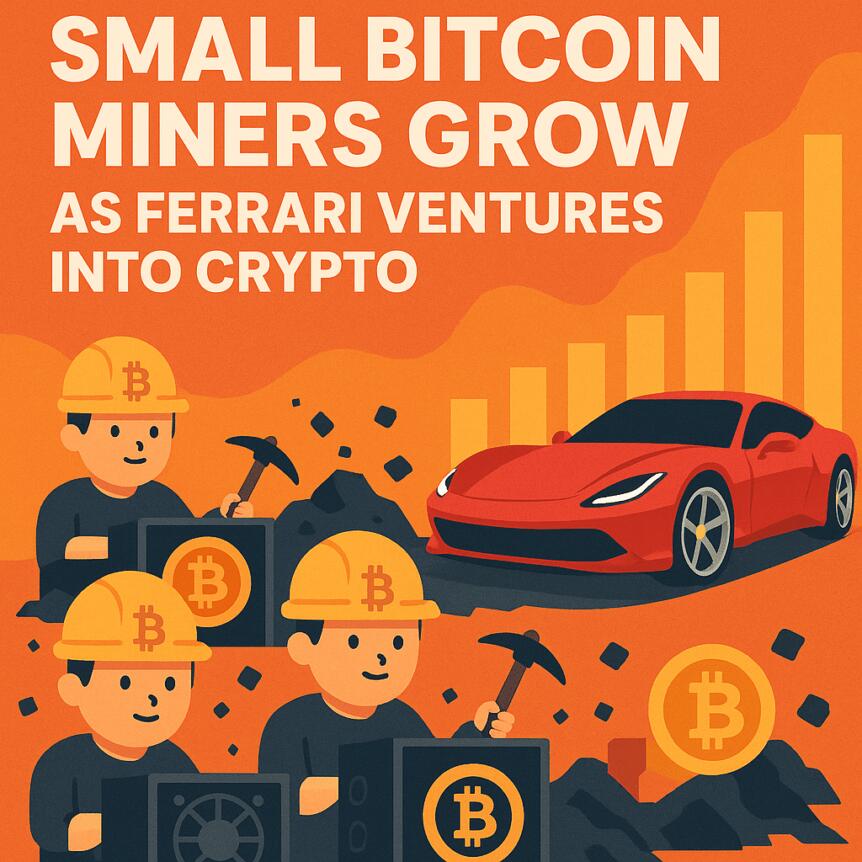Brazil’s Central Bank Tightens Forex Rules, Crypto Exchanges Could Be Affected

The post Brazil’s Central Bank Tightens Forex Rules, Crypto Exchanges Could Be Affected appeared first on Coinpedia Fintech News
Brazil’s central bank (BCB) is moving to tighten oversight of the foreign exchange market with a new set of proposed rules. While the framework is primarily aimed at electronic forex platforms (eFX), the ripple effects could reach far beyond traditional finance—potentially reshaping how cryptocurrency exchanges operate in Brazil.
New Oversight Rules for Brazil’s Forex Market
In its newly released consultation paper, the Central Bank of Brazil outlined plans to bring electronic forex trading platforms under stricter regulation. The proposals would require both existing and new eFX operators to apply for official permits to continue offering services.
Key requirements include:
- Licensing: All operators must obtain regulatory approval.
- Data Reporting: Platforms must report detailed client transaction data to the central bank.
- On- and Off-Ramps: Customer deposits and withdrawals would be restricted to designated financial channels.
Perhaps the most significant change is a transaction cap of $10,000 per transfer for individuals. Platforms would also need to display the full cost of each transaction upfront, ensuring greater transparency and leaving “little room for hidden fees,” according to the consultation document.
Why Crypto Platforms May Be Caught in the Net
Although the BCB does not directly mention crypto in its proposals, industry observers note that the rules could indirectly affect exchanges. Any crypto exchange facilitating cross-border transfers or allowing swaps between tokens and foreign currencies could be brought under the same framework.
This would mean:
- Adapting to licensing requirements similar to those imposed on forex platforms.
- Meeting stricter reporting obligations on user transactions.
- Enforcing the $10,000 per-transaction cap for international transfers.
For global platforms serving Brazilian customers, these limits could present serious challenges. “Even overseas crypto exchanges may find their Brazilian users restricted by these rules,” one analyst noted, “potentially reshaping how money flows across borders.”
What Stricter Forex-Style Rules Mean for Crypto Traders in Brazil
Brazil is already one of the most active cryptocurrency markets in Latin America. With these new proposals, traders could face additional hurdles when conducting large transactions or sending crypto-linked payments abroad.
While the measures may restrict some activity, experts suggest the central bank’s goal is risk management rather than outright prohibition.
As one observer put it, “Regulators appear to be walking a fine line balancing innovation with oversight.”
The new framework could bring clarity but also limit how freely Brazilian crypto users can engage in international trading.
Latin America’s Rising Appetite for Digital Assets
These regulatory moves come against a backdrop of surging digital asset adoption across Latin America. In inflation-hit economies like Venezuela and Argentina, stablecoins such as Tether’s USDT have become popular tools to preserve value.
In Brazil itself, demand continues to rise. Nubank, one of the country’s largest digital banks, recently announced plans to pilot a stablecoin-based payments platform, underscoring how mainstream institutions are exploring blockchain-driven financial solutions.
With Brazil positioned as a regional leader, the way its regulators handle crypto integration could shape the future of digital assets across Latin America.
You May Also Like

Prediction platform Myriad may be listed on BNB Chain

CEO Sandeep Nailwal Shared Highlights About RWA on Polygon
